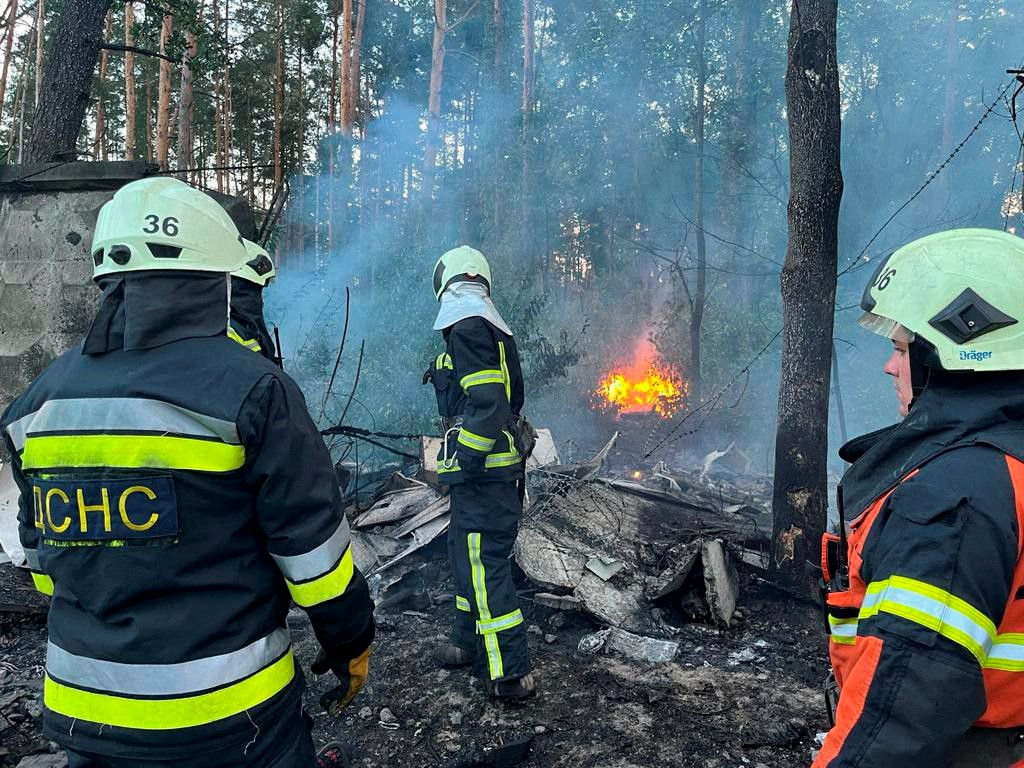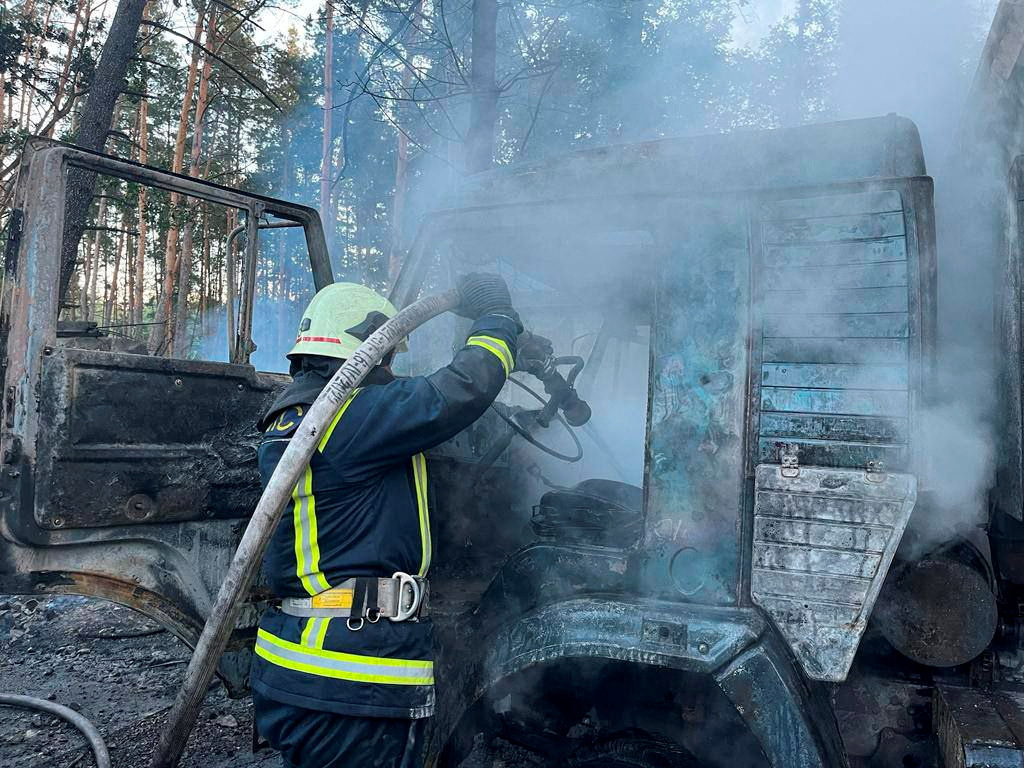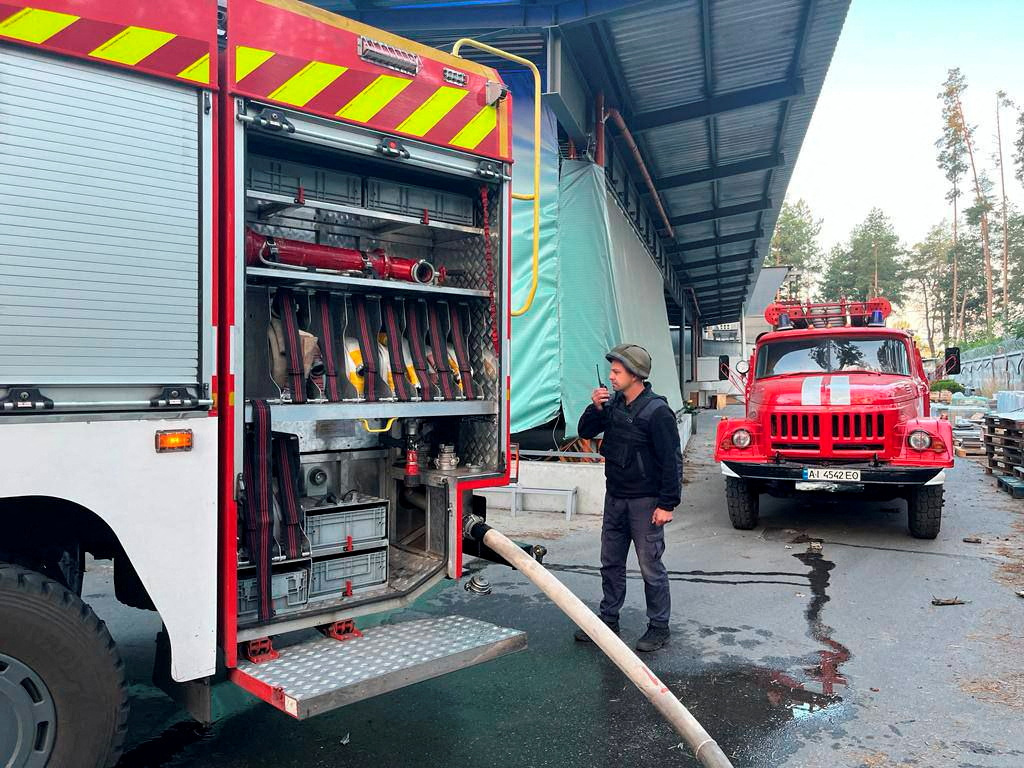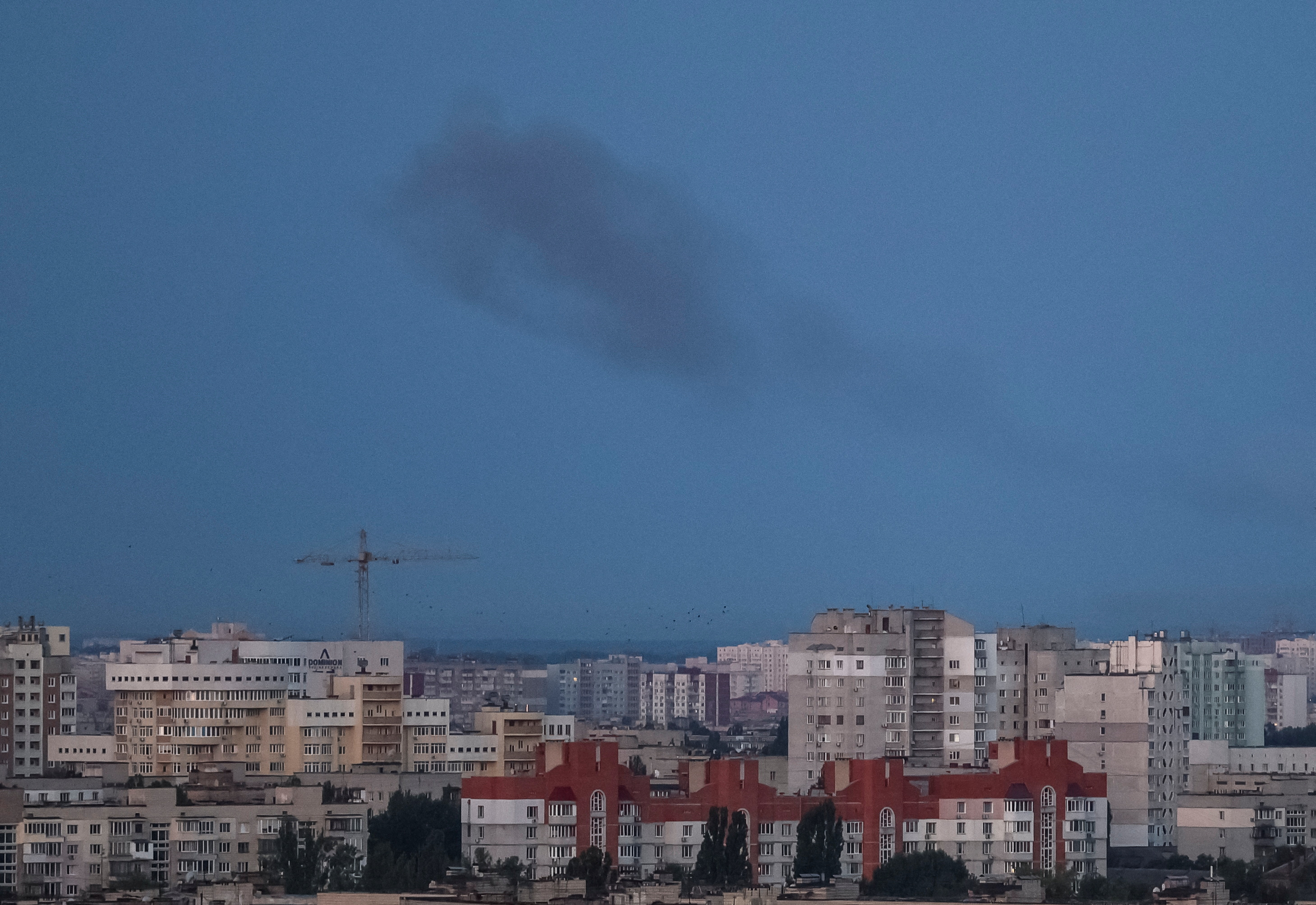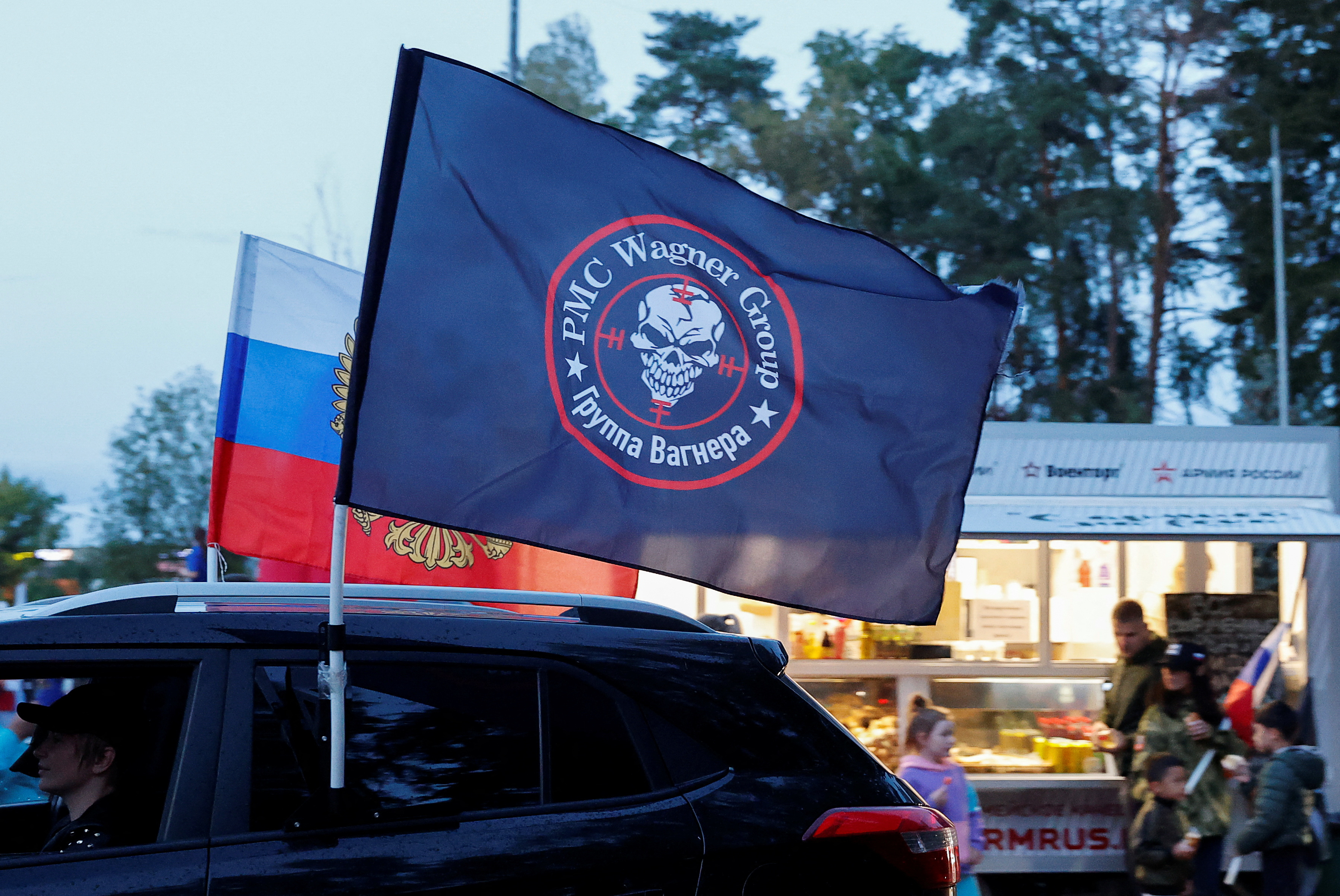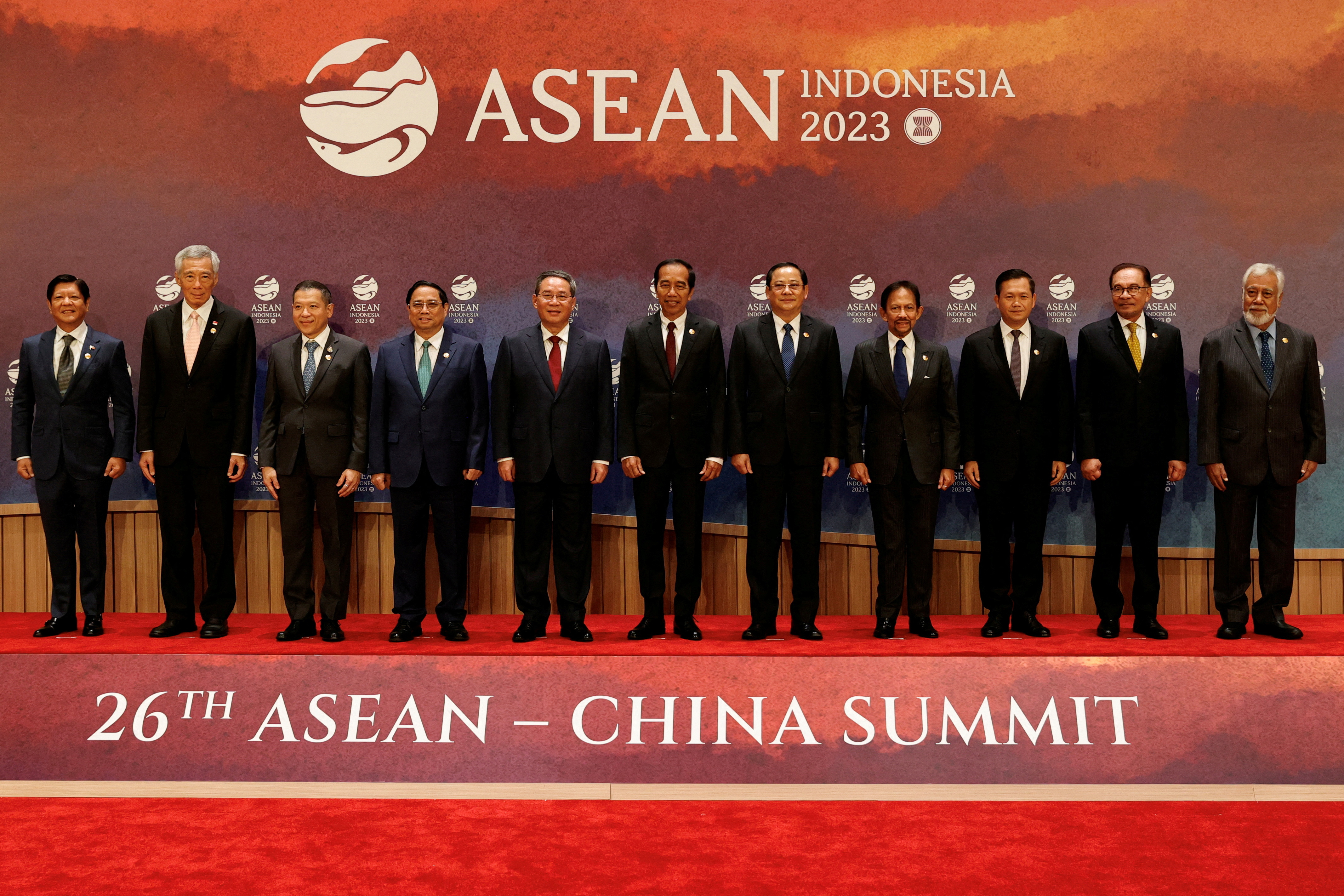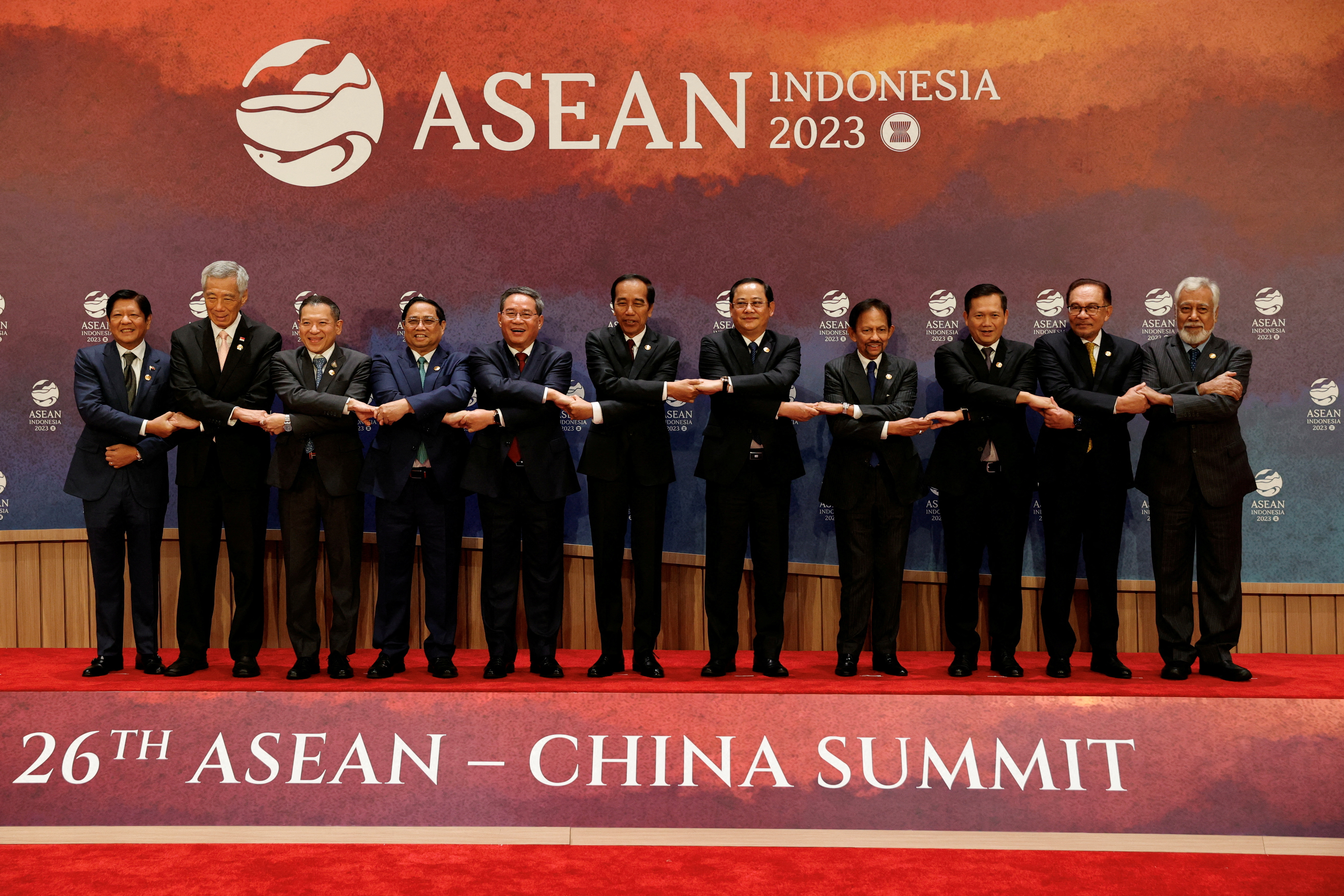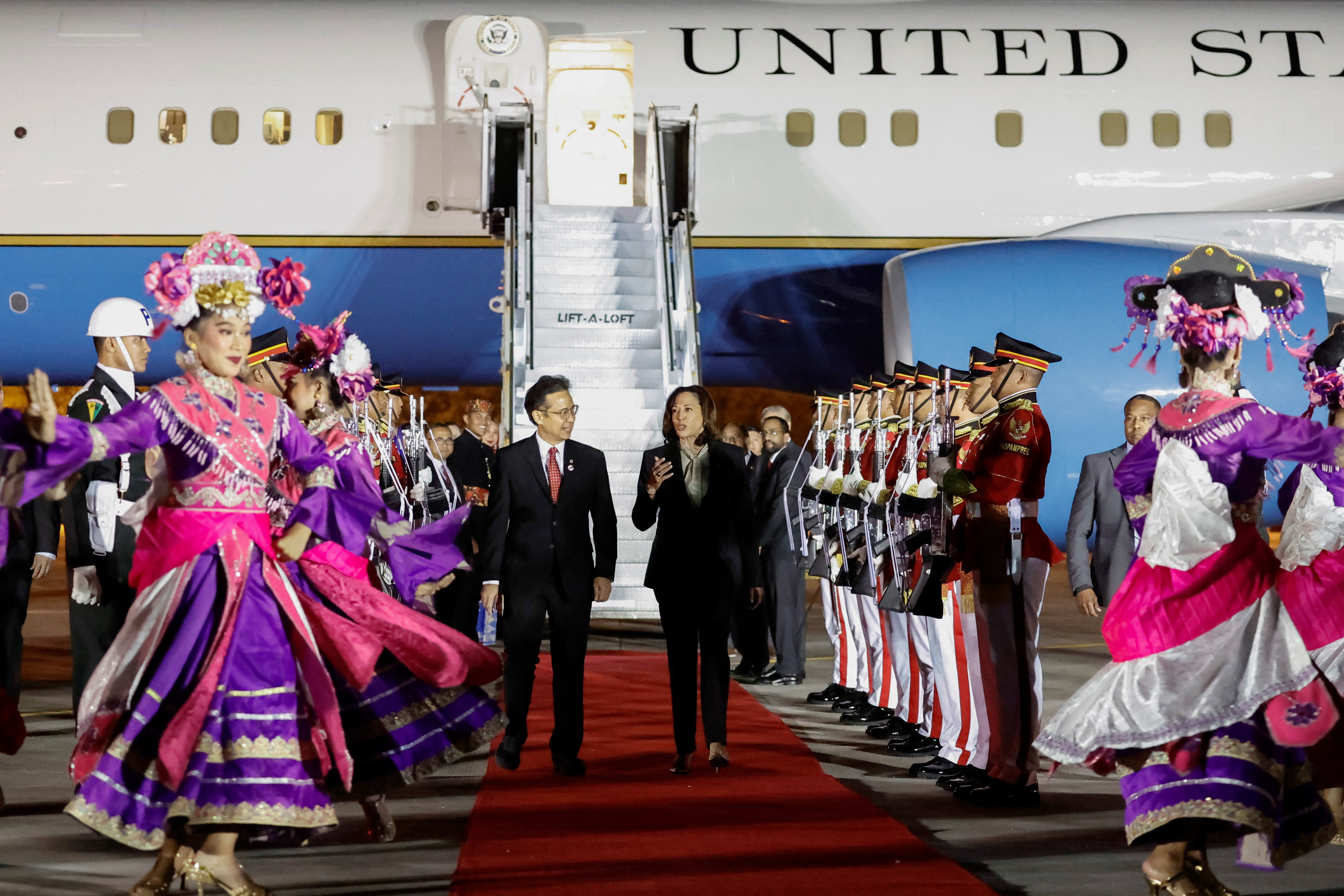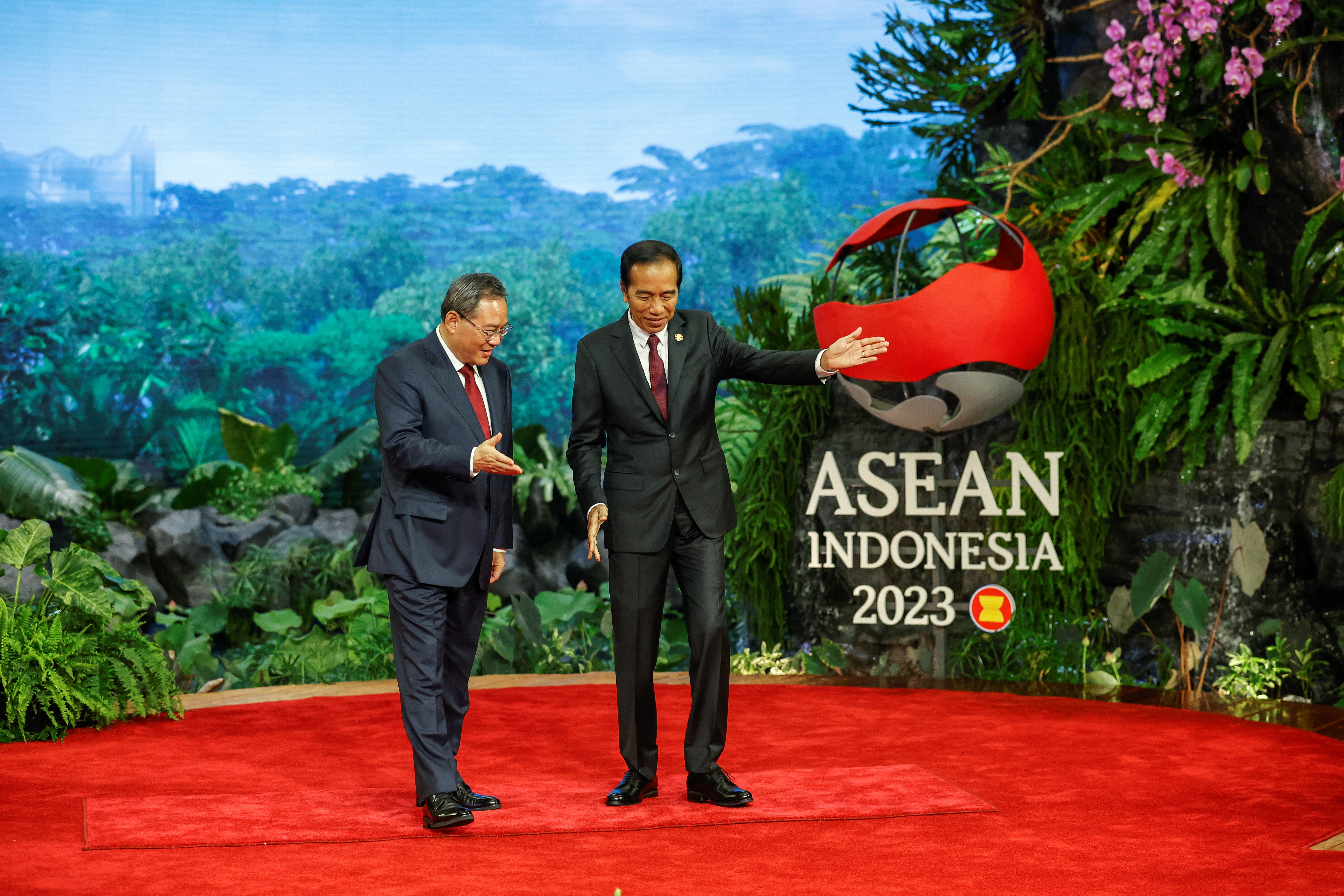The U.S. Treasury Department this week designated the Wagner Group a significant transnational criminal organization — part of an effort to crack down on an entity responsible for a growing number of atrocities in Ukraine.
The Wagner Group — a private military company owned by Russian oligarch Yevgeny Prigozhin — first took to the battlefield during the Russian annexation of Crimea. But its operations have expanded considerably in the years since. Wagner fighters have appeared in conflict zones from Syria to Mali to Ukraine, and are notorious for the brutality of their tactics.
Canada doesn’t have a designation equivalent to Treasury’s “transnational criminal organization” tag, although the Department of Public Safety says the Wagner Group and Prigozhin are under Canadian sanctions. But critics say the federal government needs to do more to rein in an increasingly dangerous organization.
What is the Wagner Group?
Russian special forces commander Dmitry Utkin is believed to have founded the Wagner Group in 2014.
“Commander Dmitry Utkin, who is a neo-Nazi, named the group after Hitler’s favourite composer, the German composer Wagner,” said Molly Dunigan, senior political scientist at the RAND corporation, an American global policy think tank.
“The culture of the group historically has just been so brutal and really no-holds-barred, in terms of brutality against civilians in the population in which they operate.”
The group initially hired elite-level fighters to operate in Crimea. But the organization has evolved in different ways over the years — especially during the current conflict in Ukraine.
“Over time, Wagner has spread its wings, so to speak,” said Christopher Spearin, professor of defence studies at the Canadian Forces College and Royal Military College of Canada. “It had a presence in Syria and was most likely the largest Russian ground force there. More recently, it’s had a presence in Africa.”

This undated photograph handed out by French military shows Russian mercenaries boarding a helicopter in northern Mali. (French Army via The Associated Press)
Wagner fighters have been hired to fight insurgencies, protect government leaders and defend mining, timber and other resource extraction operations, he said.
“Wagner charges money for their mercenary activities. They get paid a significant amount of money … that’s one way that (Russian President Vladimir) Putin and other oligarchs can enrich themselves,” said Jessica Davis, president of Insight Threat Intelligence.
By working in resource-rich African countries, the Wagner Group helps Russia gain access to both resources and money — at a time when the country faces significant economic hurdles due to worldwide sanctions.
“The Wagner Group really fills a number of Russian foreign policy objectives,” Davis said. “They use (African) resources for Russia to shore up its currency, particularly in the face of sanctions. But also to control and gain access to resources.”
Why is Wagner in Ukraine?
Experts say it’s difficult to determine exactly how many Wagner people are on the ground in Ukraine, although most estimate the operation likely involves tens of thousands of fighters.
The scope of this operation means it can’t function with special forces fighters alone. Wagner is now known for hiring men with limited military training and recruiting straight from the Russian prison system.
“There was a desire to increase the number of Russian personnel on the battlefield, but to do so in a way that did not go beyond the partial mobilization that occurred in Russia (in September 2022),” Spearin said. “And an easy pool of individuals to harvest — for lack of a better term — was Russian convicts.”
WATCH | The Wagner Group is led by a Putin-connected ex-con:
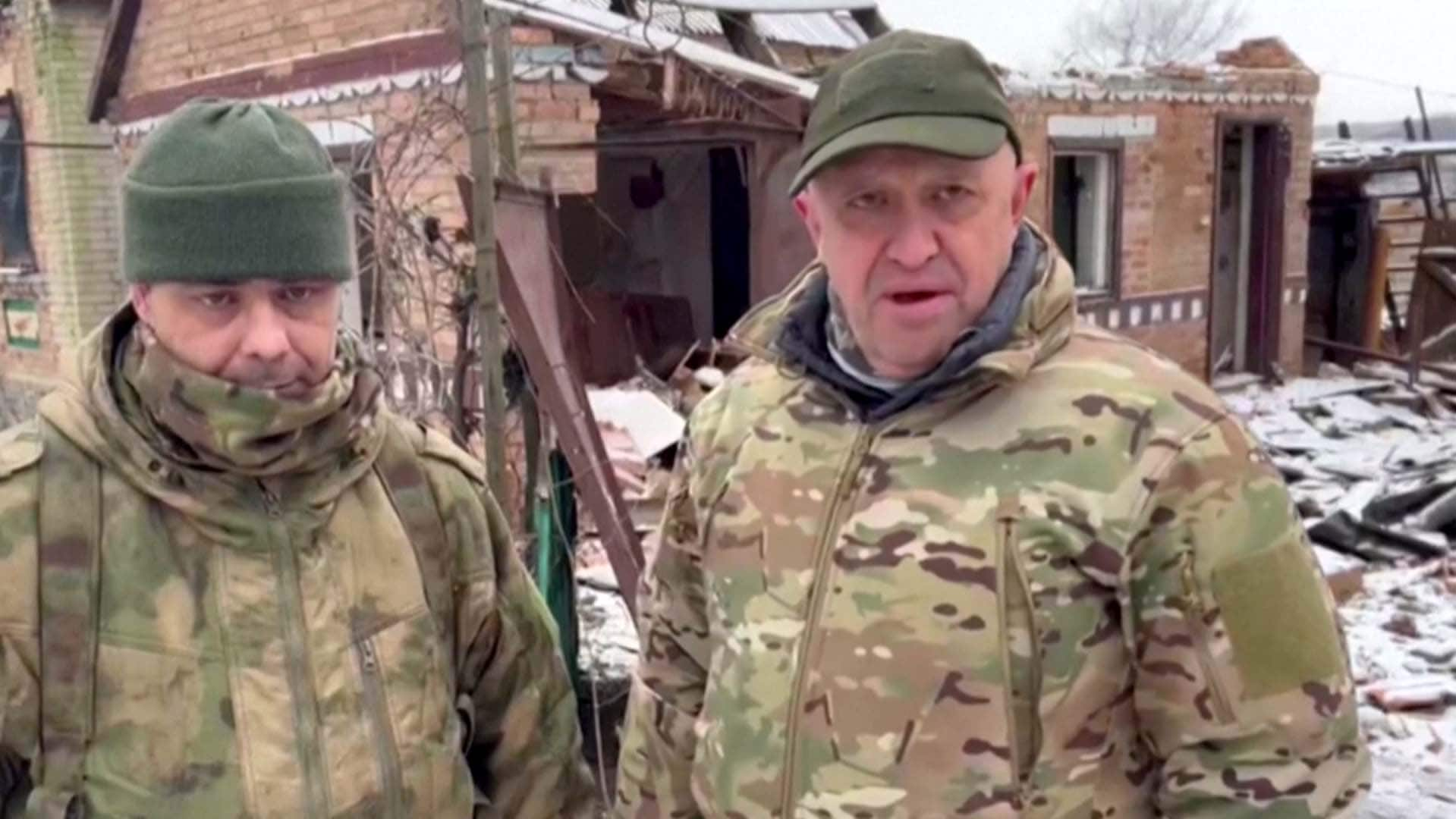
Who is Yevgeny Prigozhin? CBC’s David Common investigates what’s known about the man leading the Wagner Group — Russia’s private mercenaries waging a bloody battle in Bakhmut, Ukraine.
The different tiers of fighters have contributed to Russia’s battlefield strategies, with more elite troops being held in reserve and novice troops being sent into especially dangerous operations, Dunigan said.
“Analysts refer to these people frequently as the cannon fodder line for Wagner forces,” she said.
“They would send them out and run really risky operations, something that the U.S. or its allies would never do with their military forces because they were so risky and would cause extensive casualties.”
Is Wagner like other private military companies?
Private military forces have been a presence on battlefields for centuries. Companies like Blackwater were hired by the U.S. State Department to fight in Iraq (a group of Blackwater employees killed 17 civilians in an attack in Nisour Square in 2007) and other private military companies continue to operate today.
But analysts say the Wagner Group is different in terms of the massive size of its fighting force and its work on the front lines, in offensive operations. According to Dunigan, Wagner’s close ties to the Russian army also make it a distinct, paramilitary operation.
“This has always been somewhat of a very tightly tied paramilitary force and that is something that is really, really unique here,” Dunigan said. “They train alongside the Russian military. There is a big Wagner training base a stone’s throw away from a Russian army training base.”
Prigozhin, the Russian oligarch who owns Wagner, is part of Putin’s inner circle, Dunigan said. This also makes Wagner different from other private military companies — which don’t have overt ties to political parties or figures.

Russian businessman Yevgeny Prigozhin is shown prior to a meeting between Russian President Vladimir Putin and Chinese President Xi Jinping in the Kremlin on July 4, 2017. (Sergei Ilnitsky/The Associated Press)
There are widespread reports of brutality, torture and extrajudicial killings by Wagner fighters.
“What they’re really known for, frankly, at this point, is atrocities,” said Davis. “They’ve committed a number of atrocities in the Central African Republic in 2018 and 2021, and more recently in Mali.
“So while they are a private military corporation or a mercenary group, they’re really, at this point, known for killing civilians and committing atrocities and war crimes.”
“Studies have been conducted which show that perhaps not only is the Wagner Group committing atrocities themselves, but also their mere presence seems to be augmenting the amount of criminal violence that’s launched by national military groups, whether they be from the Central African Republic or Mali,” Spearin said.
Academics like Jason Blazakis warn the presence of the Wagner Group and other private military actors will lead to more proxy wars and less accountability.
“We can hold governments accountable in any number of UN-related conventions for war crimes,” said Blazakis, a professor at the Middlebury Institute of International Studies who studies terrorist financing and violent extremism.
“The increasing use of private military companies or transnational actors like the Wagner Group, who are engaged in acts of terrorism, really makes me worry that we’re going back to a time period much akin to the Cold War where we saw states fight one another [through] proxies.”
What can governments do?
Blazakis said he thinks the U.S. Treasury Department designation won’t have a significant impact.
“I think it has important symbolic value, but the effects will be very limited because the organization has already been sanctioned [through] multiple executive orders in the past,” he said.
He said he thinks governments in the United States and Canada should list the Wagner Group as a terrorist organization.
“Adding the terrorism label to the Wagner Group is going to give countries that are doing business with them second thoughts about continuing doing business,” he said.
“But even perhaps more importantly, it may deter countries that are thinking about doing business with the Wagner Group. Because who wants to work with a terrorist group, especially one that’s sanctioned by multiple governments?”
Spearin said Canada also could do more to codify and regulate the private military industry, which could spur other countries to do the same.
The post The U.S. says the Wagner Group is a transnational criminal organization. Here’s why | CBC News first appeared on The News And Times – thenewsandtimes.com.




